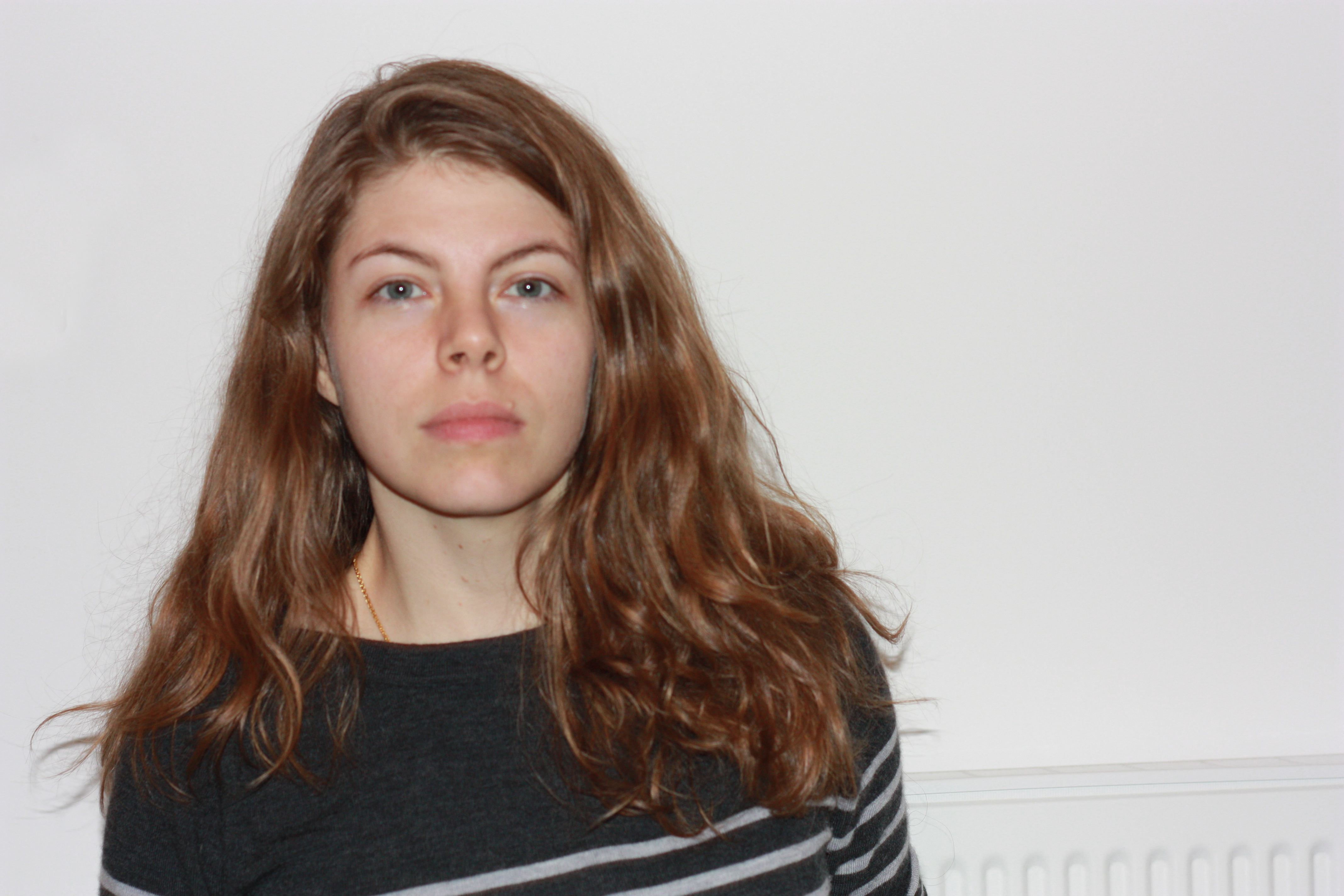
Lecturer
Division of Evolution, Infection & Genomics
School of Biological Sciences
Faculty of Biology Medicine & Health
The University of Manchester
danna.gifford@manchester.ac.uk
+44 (0)161 306 8074
Division of Evolution, Infection & Genomics
School of Biological Sciences
Faculty of Biology Medicine & Health
The University of Manchester
danna.gifford@manchester.ac.uk
+44 (0)161 306 8074